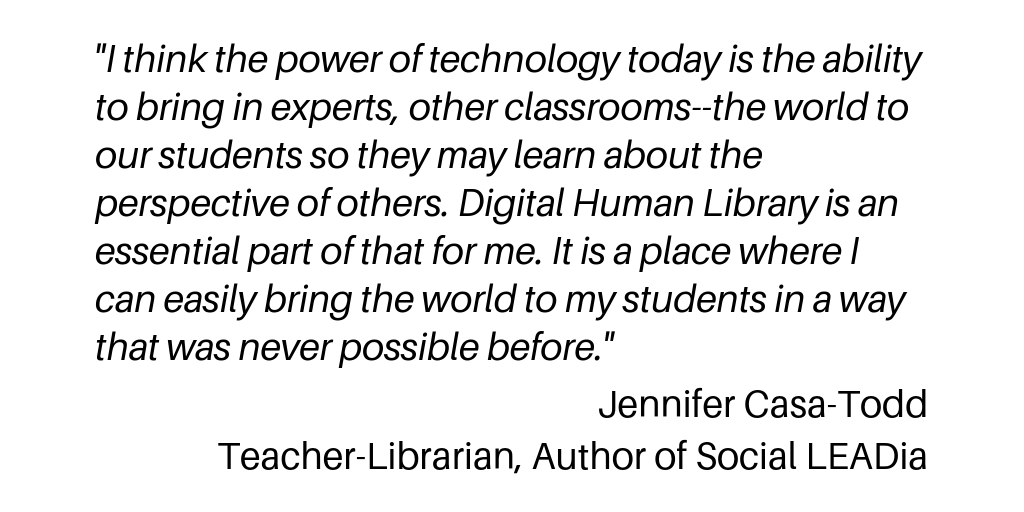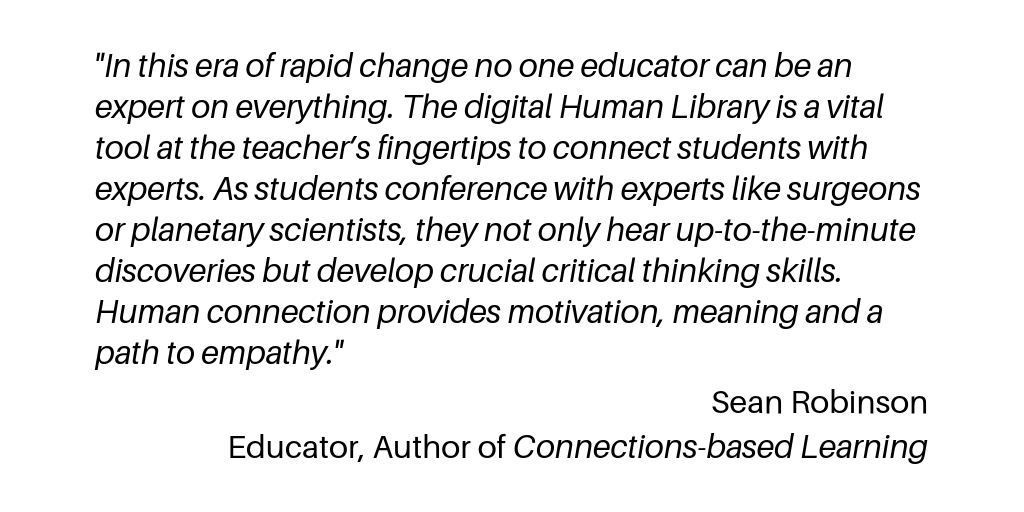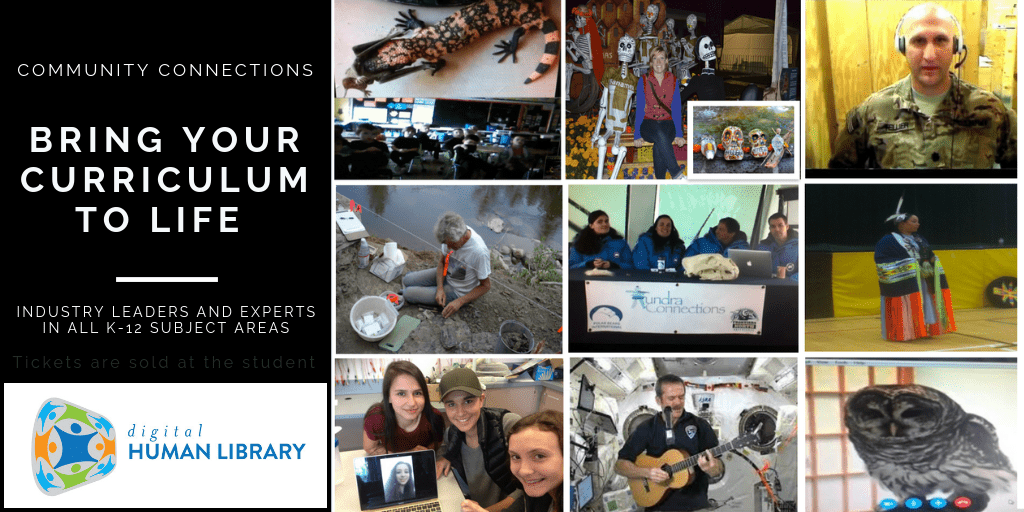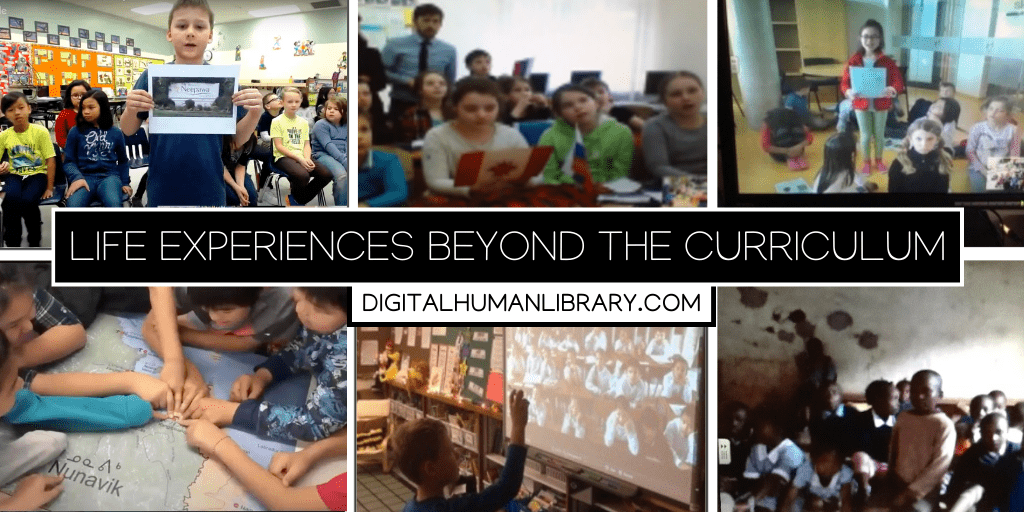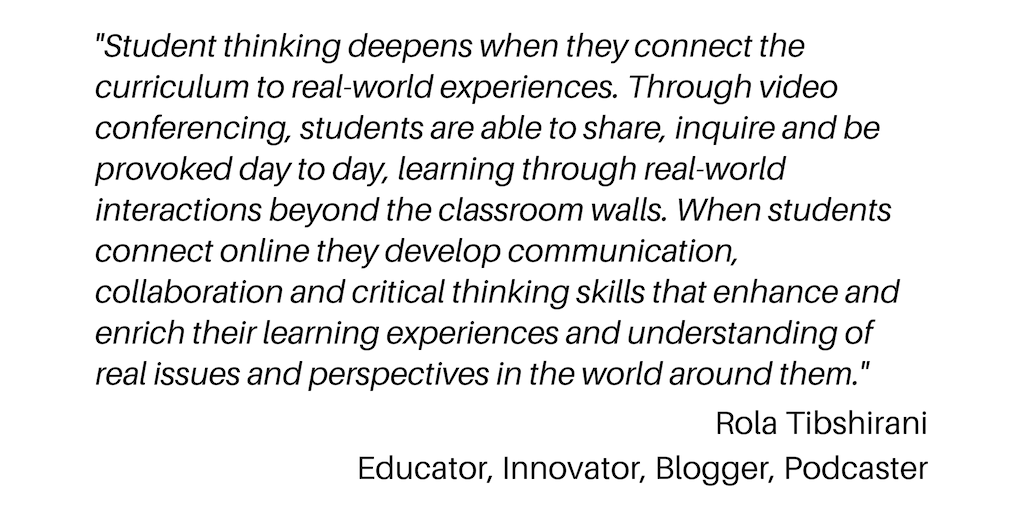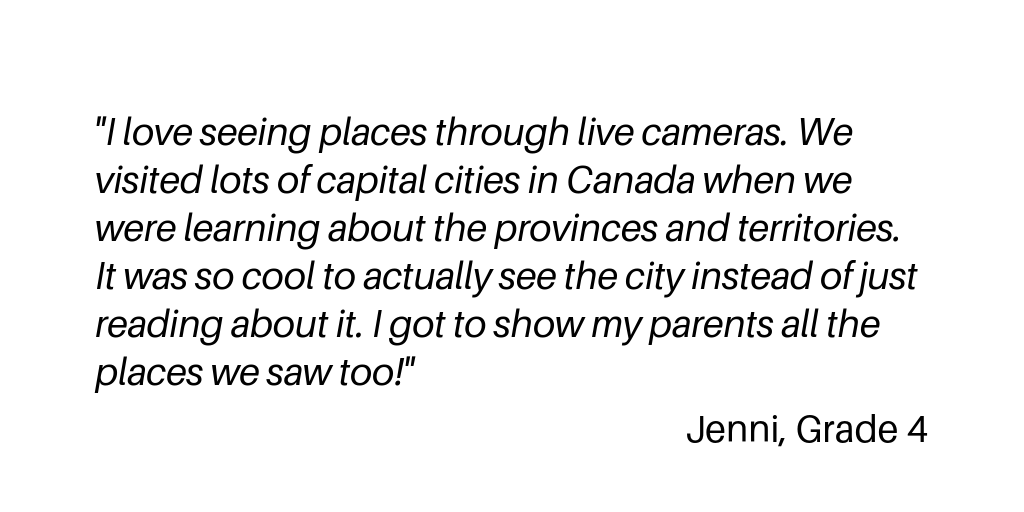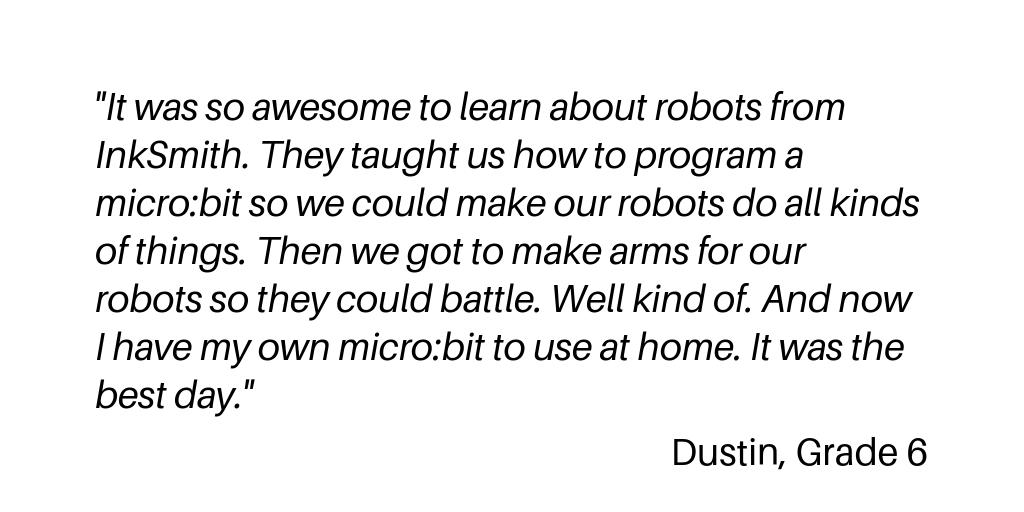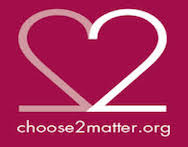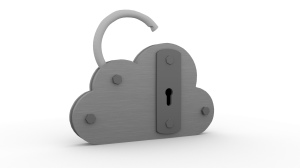 In an effort to help spread the word about National Cyber Security Awareness month, I have decided to post about web security myths and facts published by SingleHop. How do you stay safe online?
In an effort to help spread the word about National Cyber Security Awareness month, I have decided to post about web security myths and facts published by SingleHop. How do you stay safe online?
Myth 1:
The Internet is so big that nobody would ever single out my computer and/or online accounts.
Fact 1
Hackers use automated systems to continually probe the Internet and find unsecured computers. If you buy a new computer and connect it to the Internet without any protective measures In place, It can be compromised In mere minutes.
Myth 2
There isn‘t anything worth stealing on my computer.
Fact 2
Anyone who uses a computer has sensitive data stored somewhere on their system, such as stored passwords, Important email addresses, or even financial information like credit cards and account numbers. Additionally, documents saved on your computer often contain metadata that can provide even more information for hackers to use. Just one detail that you forgot, or didn’t know about, could give a cyber criminal the opportunity to steal your identity or erase irreplaceable information.
Myth 3
Firewalls and antivirus software are sufficient for protecting my computer’s assets.
Fact 3
System software must also be updated regularly to ensure the latest security measures are in place. Although anti-virus software and firewalls help protect your computer, they are only able defend against known threats, not new ones. Most operating systems and software applications allow automatic or scheduled updates to help ensure you have the newest version.
Myth 4
I deleted all my sensitive information from my computer, so I‘m safe now.
Fact 4
Files deleted from a computer could still be stored somewhere on your local hard drive, either as a copy or In a hidden file. Hackers have tools that can let them easily recover « deleted » files.
Additionally, when you remove something from an online profile or website, it is never truly deleted. Most websites have a dedicated server that stores user information, even if the information no longer appears on the website. It is always safe to think twice before you share any information online, whether through social media, a retail site, or elsewhere, since it could stay out there for much longer than you intended.
How will you stay safe in the future?
Leigh Cassell
This post is also available in: English (Anglais)



